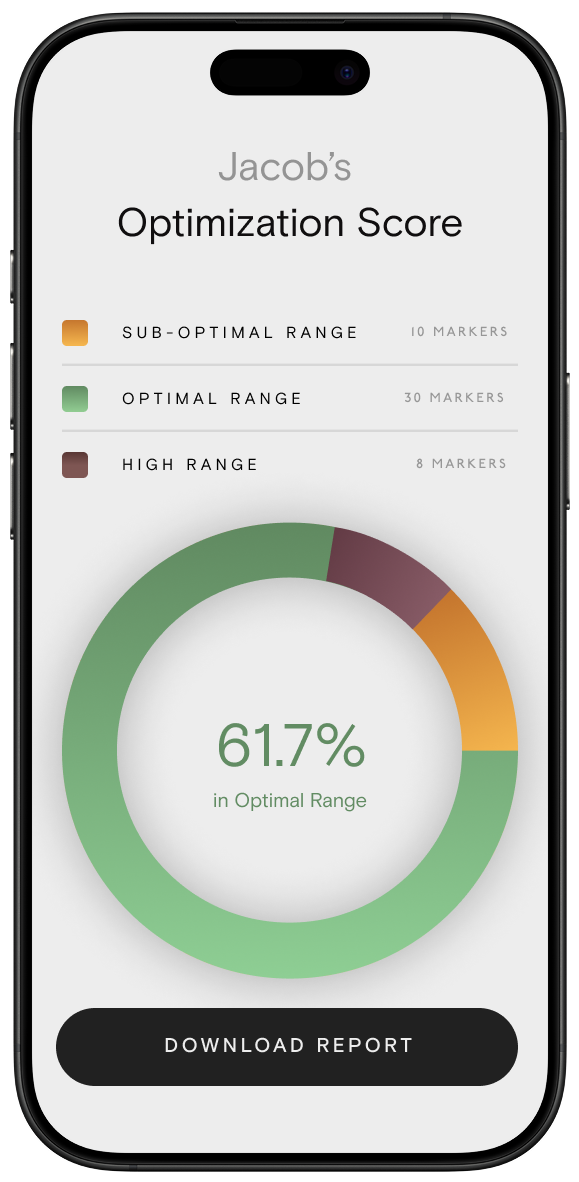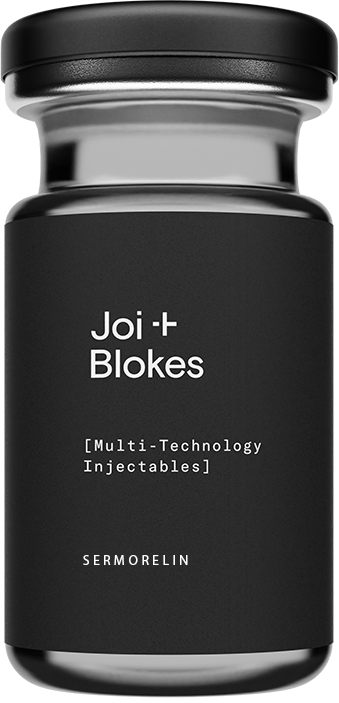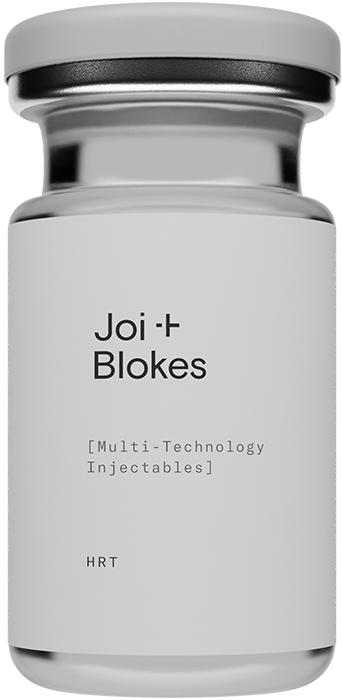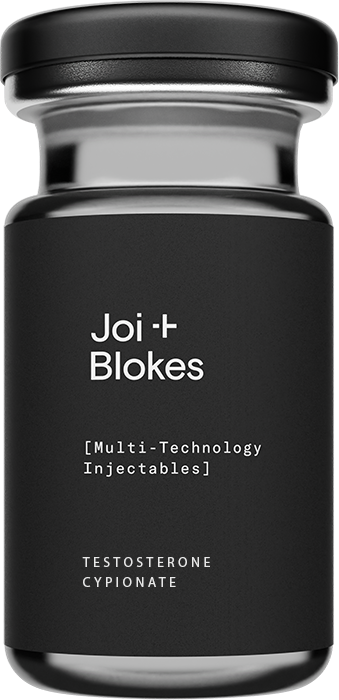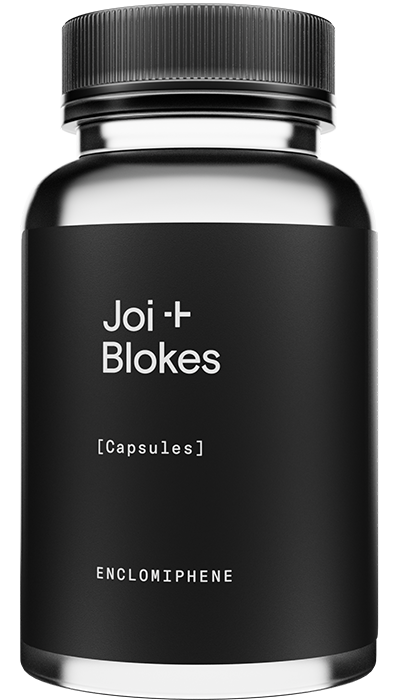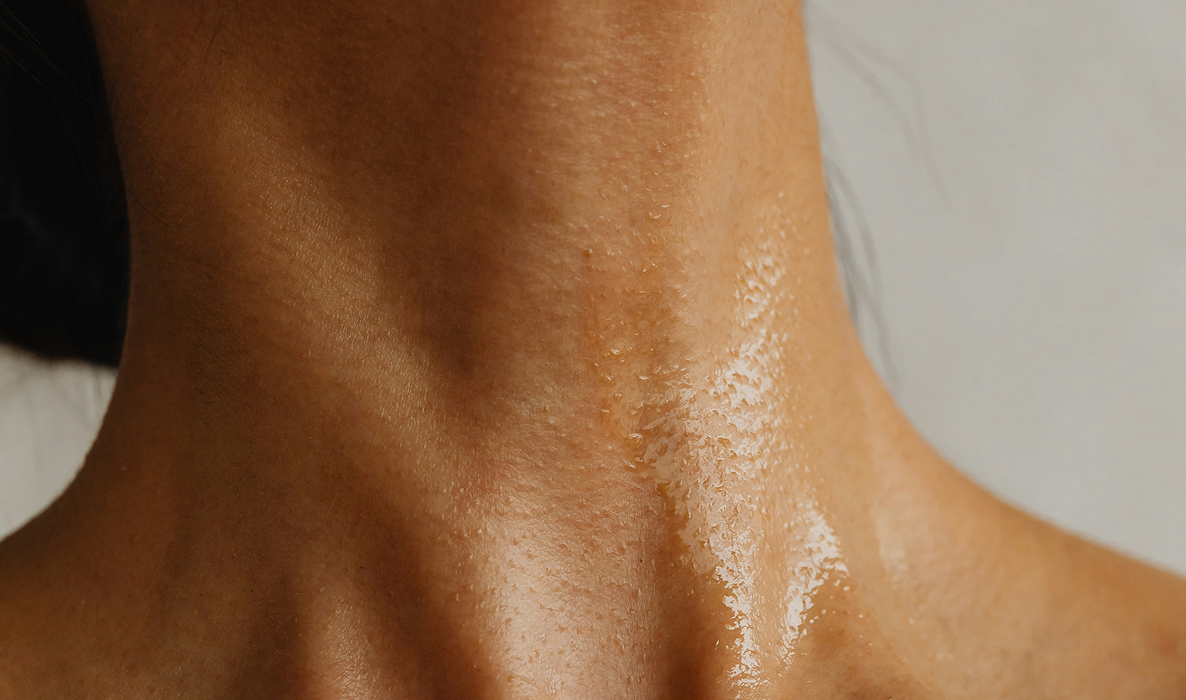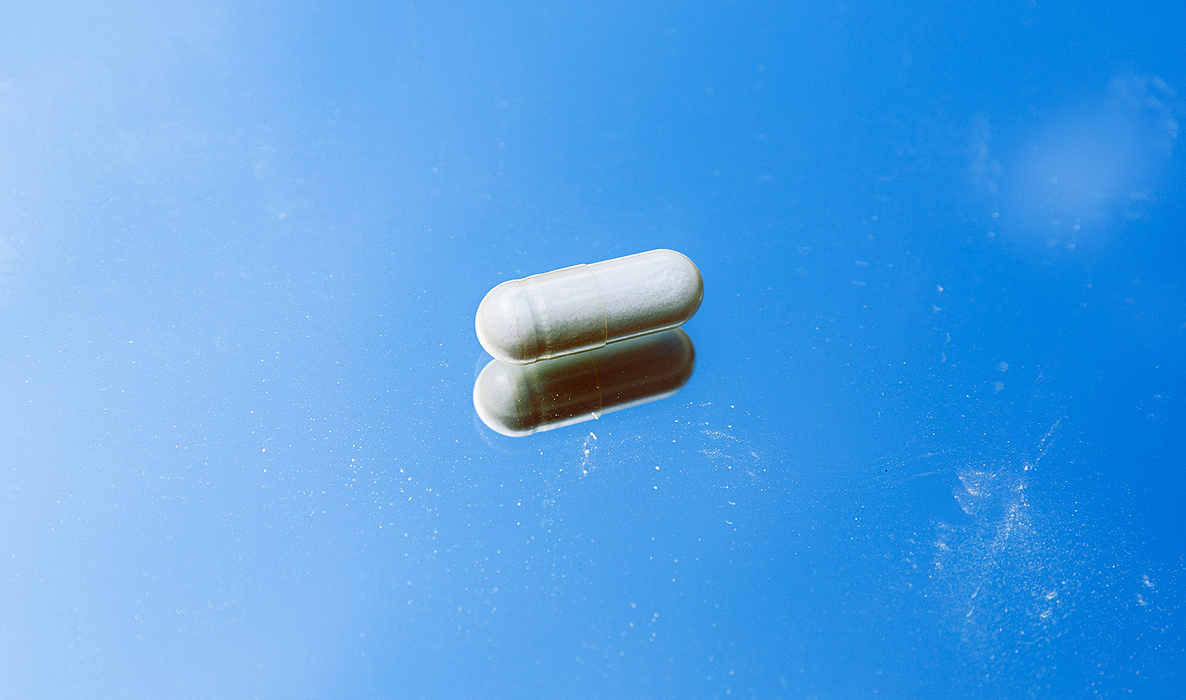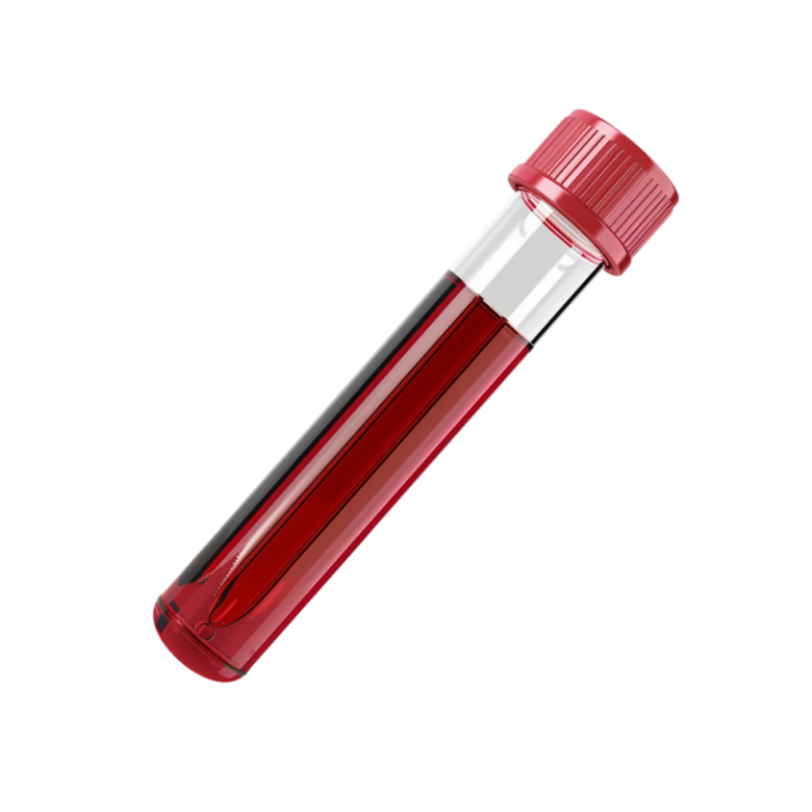Written by Josh Whalen, Founder of Blokes
A Silent Epidemic No One’s Talking About
If you’ve been struggling with lasting longer in bed, you’re not alone—and you’re not “just getting older.” More and more men in their 30s, 40s, and even 20s are finding themselves battling premature ejaculation, low stamina, or a drop in overall sexual performance. But here’s the truth: this isn’t just about sex. It’s about what’s underneath it—hormones, stress, inflammation, and the way men’s health is treated (or ignored) in traditional medicine.
I know, because I’ve been there.
My Wake-Up Call
A few years ago, I nearly lost my marriage. Not because I didn’t love my wife, and not because I wasn’t trying to be a good partner, but because I didn’t feel like me. I was tired all the time. My sex drive had plummeted. My mental sharpness was gone. And every time I went to the doctor, I was told the same thing: “Your labs look normal.”
But I didn’t feel normal.
That’s what led me to dig deeper. And what I found was eye-opening: I was experiencing low testosterone, despite being within the so-called “normal” range. Once I started getting personalized care, care that listened to my symptoms, not just my numbers, everything changed.
That’s why I started Blokes: so men could stop feeling dismissed and start getting the care they actually need.

What’s Actually Going On: 6 Reasons Men Are Lasting Less in Bed
Scientific research shows that there are several health-related reasons why sexual stamina is taking a hit for men today. Here’s what’s happening and how it’s all connected.
1. Low Testosterone (Low T)
Testosterone is the lifeblood of male vitality—energy, muscle tone, libido, and yes, sexual stamina. A study in The Journal of Clinical Endocrinology & Metabolism found that testosterone levels in American men have been declining by about 1% per year since the 1980s (1). That means a 35-year-old man today could have testosterone levels similar to a 50-year-old a few decades ago.
Why it matters: Low T reduces sexual desire and can contribute to erectile dysfunction and poor endurance in bed.
2. Stress and Cortisol Imbalance
We’re more stressed than ever. Chronic stress elevates cortisol levels, which directly suppress testosterone production. It also affects blood flow and the nervous system, both essential for maintaining an erection and lasting during sex (2).
Why it matters: You may feel anxious, distracted, or unable to control arousal—classic signs of stress-related premature ejaculation.
3. Obesity and Insulin Resistance
Poor metabolic health is a major contributor to sexual dysfunction. Men who are overweight are more likely to have lower testosterone, higher estrogen, and higher levels of inflammation (3).
Why it matters: Fat tissue converts testosterone into estrogen, which can kill libido and lower performance.
4. Medications and Antidepressants
Selective serotonin reuptake inhibitors (SSRIs) and other medications can interfere with sexual function, causing delayed ejaculation, reduced libido, or performance anxiety (4).
Why it matters: If you’ve been prescribed medication for anxiety, depression, or blood pressure, and noticed changes in sexual stamina, this could be the link.
5. Sleep Disorders and Low Recovery
Sleep apnea, insomnia, or even just low-quality sleep reduces testosterone production and increases fatigue. The bulk of testosterone is released during deep REM sleep (5).
Why it matters: No sleep, no sex drive. It’s that simple.
6. Poor Provider Support
Most men who finally go to the doctor get a rushed 15-minute consult, a blood draw, and a “You’re fine.” That doesn’t cut it. Many men’s hormone levels might be within range, but not optimal for their body or lifestyle.
Why it matters: Without personalized care, men are left feeling confused, ashamed, and unsupported.
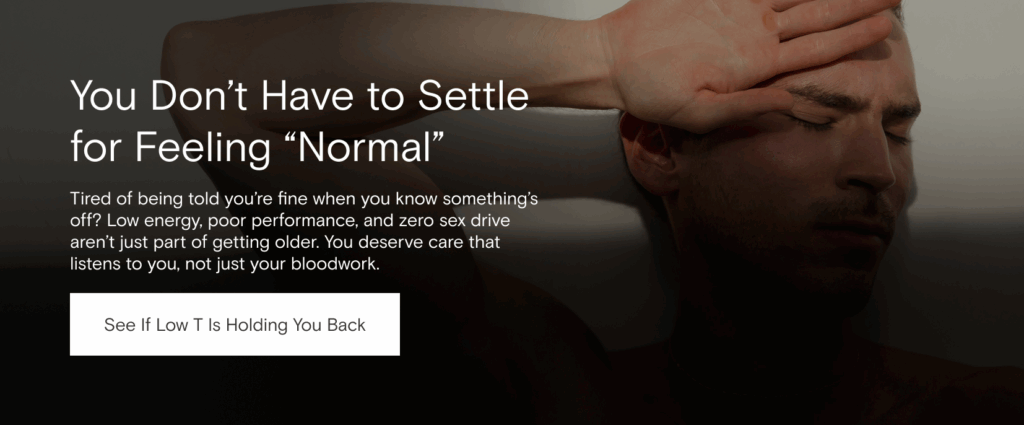
How Blokes Does It Differently
At Blokes, we don’t just look at your numbers. We look at you. Your symptoms, your energy, your sex drive, your quality of life. Here’s how we’re redefining men’s health:
- Advanced Diagnostics: We test beyond the basics; hormones, inflammation, metabolic markers, nutrient levels, and more.
- Individualized Care Plans: No cookie-cutter prescriptions. We build protocols based on your body’s unique needs.
- Provider Relationships: You’ll work with licensed providers who listen and treat you like a whole person, not just a lab result.
Our mission? To help you feel strong, sharp, and in control (in bed and beyond).
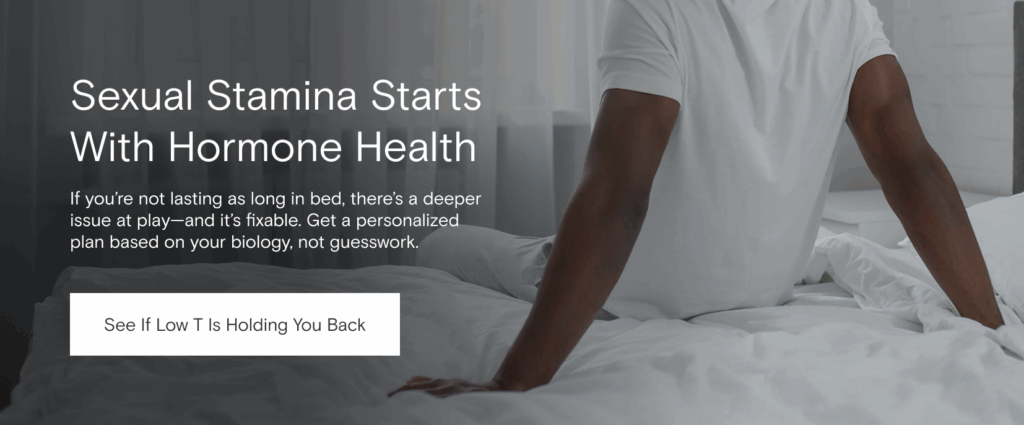
Bottom Line: It’s Not Just You But It Is Time to Take Action
If you’re not lasting as long in bed as you used to, it’s not a character flaw. It’s not laziness. And it’s definitely not something you have to accept as your “new normal.”
This is a health issue. And like any health issue, it can be treated with the right information, the right support, and the right team by your side.
Your performance is just the tip of the iceberg. Let’s get to the root.
Sources
- Travison TG, et al. (2007). A Population-Level Decline in Serum Testosterone Levels in American Men. The Journal of Clinical Endocrinology & Metabolism.
- Khera M, et al. (2011). Testosterone and the role of cortisol in sexual dysfunction. Sexual Medicine Reviews.
- Zhao JV, et al. (2017). Obesity, metabolic syndrome and erectile dysfunction. BJU International.
- Clayton AH, et al. (2002). Sexual dysfunction associated with antidepressants. The Journal of Clinical Psychiatry.
Luboshitzky R, et al. (2001). Relationship between sleep and hormonal activity. The Journal of Endocrinological Investigation.

Meet Josh Whalen
With nearly 20 years in healthcare and a background in regenerative medicine, he knew there had to be a better way. One that’s built around real diagnostics, real conversations, and real results.
Josh created Blokes after going through my own health journey and hitting wall after wall with the traditional healthcare system. He was tired all the time, had zero sex drive, no energy, brain fog… and every time he went to a doctor, Josh was told he was “normal.” But he didn’t feel normal.
That frustration led Josh to take control of his own health. What he discovered was a massive gap in how men are treated when it comes to hormones, performance, and long-term wellness. That’s where Blokes was born.
Josh’s mission is simple: help men feel strong, sharp, and in control without shame, judgment, or guesswork.

